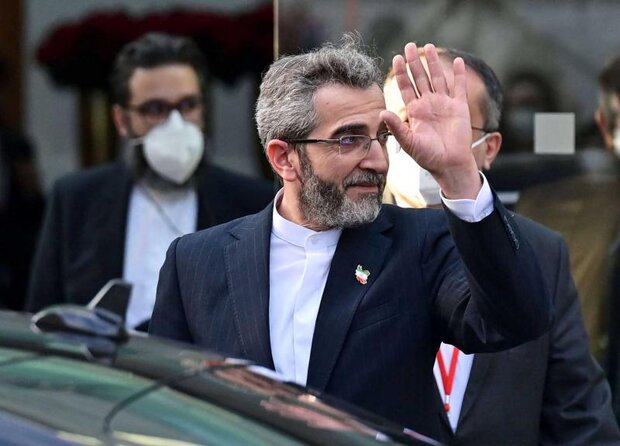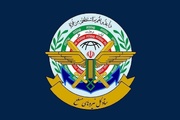The European Union foreign policy chief, Josep Borrell, said that the pause was due to “external factors” which he refused to specify. “A pause in #ViennaTalks is needed, due to external factors. A final text is essentially ready and on the table. As coordinator, I will, with my team, continue to be in touch with all #JCPOA participants and the US to overcome the current situation and to close the agreement,” Borrell said on Twitter.
France, Germany, and the UK -collectively known as the E3- made it clear what “external factors” mean. After implicitly accusing Russia of presenting “extraneous” conditions on March 8, the E3 pointed the finger of blame squarely at Russia on Saturday, warning of the collapse of the Vienna talks if Russia continued to insist on guarantees it is now demanding to shield its economic cooperation with Iran from Western sanctions over Ukraine.
“Nobody should seek to exploit JCPOA negotiations to obtain assurances that are separate to the JCPOA,” the E3 said in a joint statement. “This risks the collapse of the deal.”
The European backlash came after Russia said it needed guarantees that sanctions being slapped on Moscow by the West over the war in Ukraine won’t impede Russia’s cooperation with Iran in all fields.
Russian Foreign Minister Sergey Lavrov said on March 5, “We need guarantees that sanctions [over Ukraine] will not affect in any way the regime of trade, economic and investment ties set out in the JCPOA on Iran’s nuclear program. We asked our American colleagues (because they are running the whole show here) to give us guarantees in writing, at least at the level of the Secretary of State, that the current process launched by the US will not impinge in any way on our free full-scale trade, economic, investment and military-technical cooperation with the Islamic Republic of Iran.”
Russian and Iranian officials are in close contact to discuss the matter, according to the Russian Ambassador to Iran Levan Dzhagaryan.
The Russian ambassador underlined that the Russian interests should be taken into account but he said that securing Russia’s interests won’t be at the expense of the interests of others.
Meanwhile, Iran said the main reason for the pause in the talks is new demands by the US while at the same time refraining from making political decisions on some outstanding issues. Ali Shamkhani, secretary of Iran’s Supreme National Security Council, said the US is not interested in making a strong deal.
“US approach to Iran's principled demands, coupled with its unreasonable offers and unjustified pressure to hastily reach an agreement, show that the US isn't interested in a strong deal that would satisfy both parties. Absent US political decision, the talks get knottier by the hour,” Shamkhani said on Twitter.
The heads of the negotiating delegations in Vienna have returned to capitals after the talks paused. Whether they will return to Vienna in the coming days or weeks remains to be seen. Some believe that the West is partly responsible for the pause. Because Western negotiators have largely dithered on making political decisions, and according to Iranian media, even put forward new demands which further complicated the talks and prevented a swift conclusion.
First published in Tehran Times

























Your Comment